A Healthy and Delicious Snack Option Introduction With the increasing demand for gluten-free options, individuals with gluten intolerance or celiac disease are on the lookout for safe and delicious snacks. Enter gluten-free raisins, a versatile and tasty alternative that can satisfy your cravings while adhering to a gluten-free lifestyle. In this article, we will explore why gluten-free raisins are a great option, their health benefits, and how they can be incorporated into your daily diet. Why Choose Gluten-Free Raisins? 1. Natural and Unprocessed Raisins are made by drying grapes, allowing them to retain their sweet and juicy flavor. Unlike many processed snacks that may contain gluten, gluten-free raisins are natural and unprocessed, making them a healthier option. 2. Safe for Gluten Intolerance and Celiac Disease Individuals with gluten intolerance or celiac disease must strictly avoid gluten, a protein commonly found in grains such as wheat, barley, and rye.

.
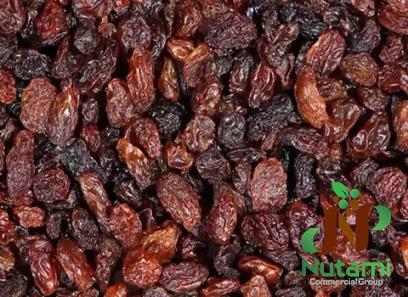 Gluten-free raisins are free from these grains, ensuring a safe and tasty snack option for those with gluten sensitivity. 3. Versatile and Convenient Gluten-free raisins can be enjoyed on their own as a quick and easy snack. They can also be used as an ingredient in a wide variety of recipes, including baked goods, trail mixes, salads, and even savory dishes. Their versatility makes them a valuable addition to every pantry. Health Benefits of Gluten-Free Raisins 1. Rich in Fiber Raisins are an excellent source of dietary fiber. One ounce (approximately 28 grams) of raisins contains about 1 gram of fiber, which aids digestion, helps maintain bowel regularity, and supports overall gut health. 2. Nutritional Powerhouse Raisins are packed with essential vitamins and minerals.
Gluten-free raisins are free from these grains, ensuring a safe and tasty snack option for those with gluten sensitivity. 3. Versatile and Convenient Gluten-free raisins can be enjoyed on their own as a quick and easy snack. They can also be used as an ingredient in a wide variety of recipes, including baked goods, trail mixes, salads, and even savory dishes. Their versatility makes them a valuable addition to every pantry. Health Benefits of Gluten-Free Raisins 1. Rich in Fiber Raisins are an excellent source of dietary fiber. One ounce (approximately 28 grams) of raisins contains about 1 gram of fiber, which aids digestion, helps maintain bowel regularity, and supports overall gut health. 2. Nutritional Powerhouse Raisins are packed with essential vitamins and minerals.
..
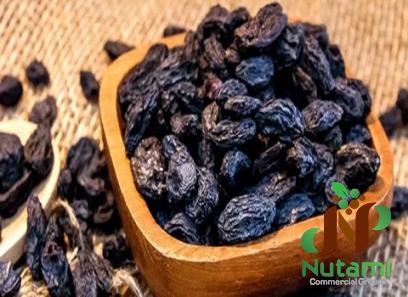 They are a good source of potassium, iron, and B vitamins, including thiamin, riboflavin, niacin, vitamin B6, and folate. These nutrients contribute to energy production, brain function, bone health, and a healthy immune system. 3. Antioxidant-Rich Raisins contain high levels of natural antioxidants, such as polyphenols, which help fight oxidative stress and reduce the risk of chronic diseases, including heart disease and certain cancers. Incorporating Gluten-Free Raisins into Your Diet 1. Snack on the Go Carry a small bag of gluten-free raisins with you for a healthy snack option during the day. They are portable, non-perishable, and provide a natural energy boost. 2. Baking Bliss Gluten-free raisins can be a delicious addition to baked goods like cookies, muffins, bread, and granola bars. They add natural sweetness and a chewy texture to your recipes.
They are a good source of potassium, iron, and B vitamins, including thiamin, riboflavin, niacin, vitamin B6, and folate. These nutrients contribute to energy production, brain function, bone health, and a healthy immune system. 3. Antioxidant-Rich Raisins contain high levels of natural antioxidants, such as polyphenols, which help fight oxidative stress and reduce the risk of chronic diseases, including heart disease and certain cancers. Incorporating Gluten-Free Raisins into Your Diet 1. Snack on the Go Carry a small bag of gluten-free raisins with you for a healthy snack option during the day. They are portable, non-perishable, and provide a natural energy boost. 2. Baking Bliss Gluten-free raisins can be a delicious addition to baked goods like cookies, muffins, bread, and granola bars. They add natural sweetness and a chewy texture to your recipes.
…
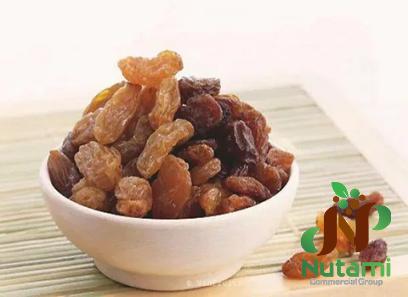 3. Salad Sensation Sprinkle gluten-free raisins over your favorite salads to enhance their flavor and add a touch of natural sweetness. They pair well with greens, nuts, seeds, and cheese. 4. Savory Savviness Incorporate gluten-free raisins into savory dishes like rice pilaf, couscous, or quinoa salads to add a burst of sweetness and a delightful texture contrast. Conclusion Gluten-free raisins are a nutritious and delicious snack option, suitable for those with gluten intolerance or celiac disease. Packed with fiber, nutrients, and antioxidants, these little dried fruits provide a versatile and convenient addition to your diet. Whether enjoyed on their own or incorporated into a wide range of recipes, gluten-free raisins can enhance both the taste and nutritional value of your meals. So, why not reach for a handful of these naturally gluten-free treats and enjoy guilt-free snacking?
3. Salad Sensation Sprinkle gluten-free raisins over your favorite salads to enhance their flavor and add a touch of natural sweetness. They pair well with greens, nuts, seeds, and cheese. 4. Savory Savviness Incorporate gluten-free raisins into savory dishes like rice pilaf, couscous, or quinoa salads to add a burst of sweetness and a delightful texture contrast. Conclusion Gluten-free raisins are a nutritious and delicious snack option, suitable for those with gluten intolerance or celiac disease. Packed with fiber, nutrients, and antioxidants, these little dried fruits provide a versatile and convenient addition to your diet. Whether enjoyed on their own or incorporated into a wide range of recipes, gluten-free raisins can enhance both the taste and nutritional value of your meals. So, why not reach for a handful of these naturally gluten-free treats and enjoy guilt-free snacking?

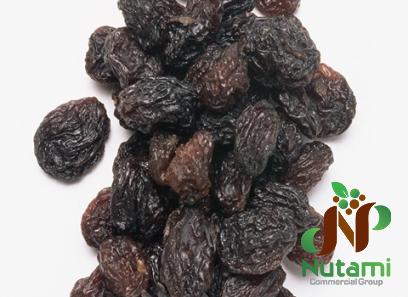
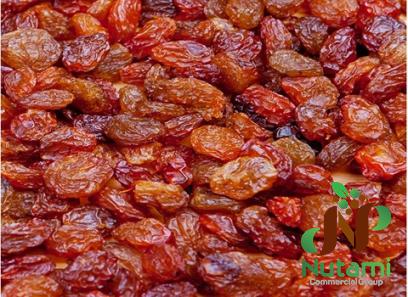
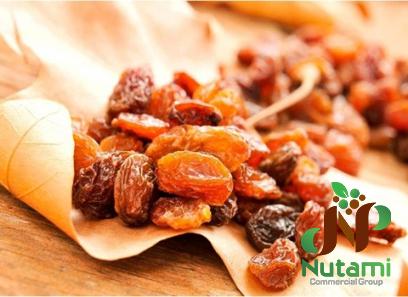
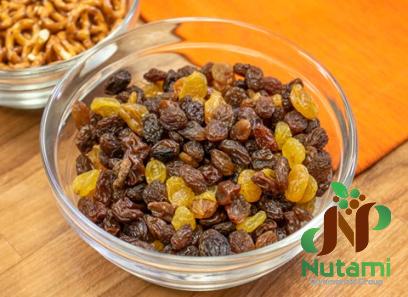
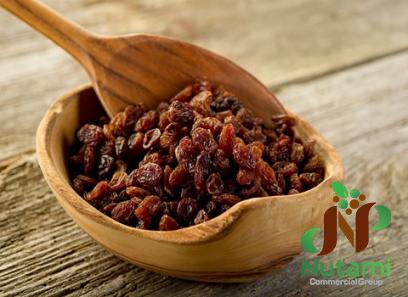
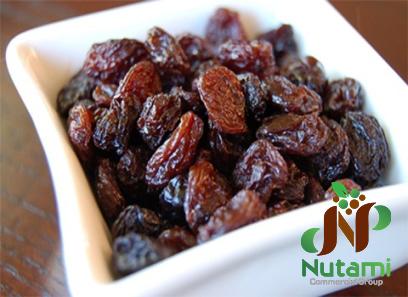
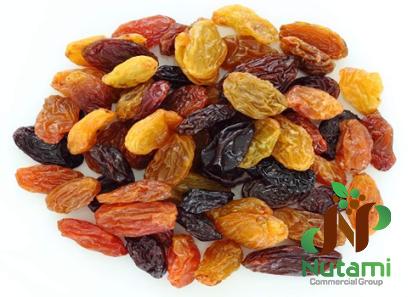
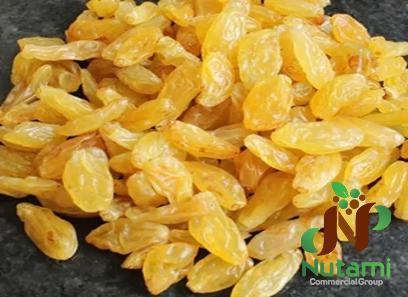
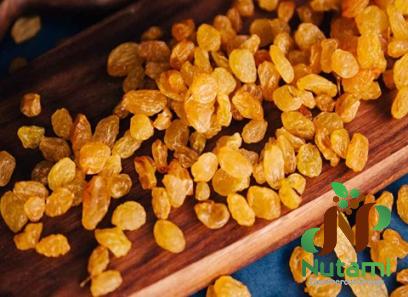
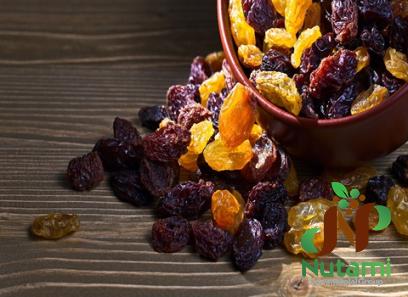
Your comment submitted.